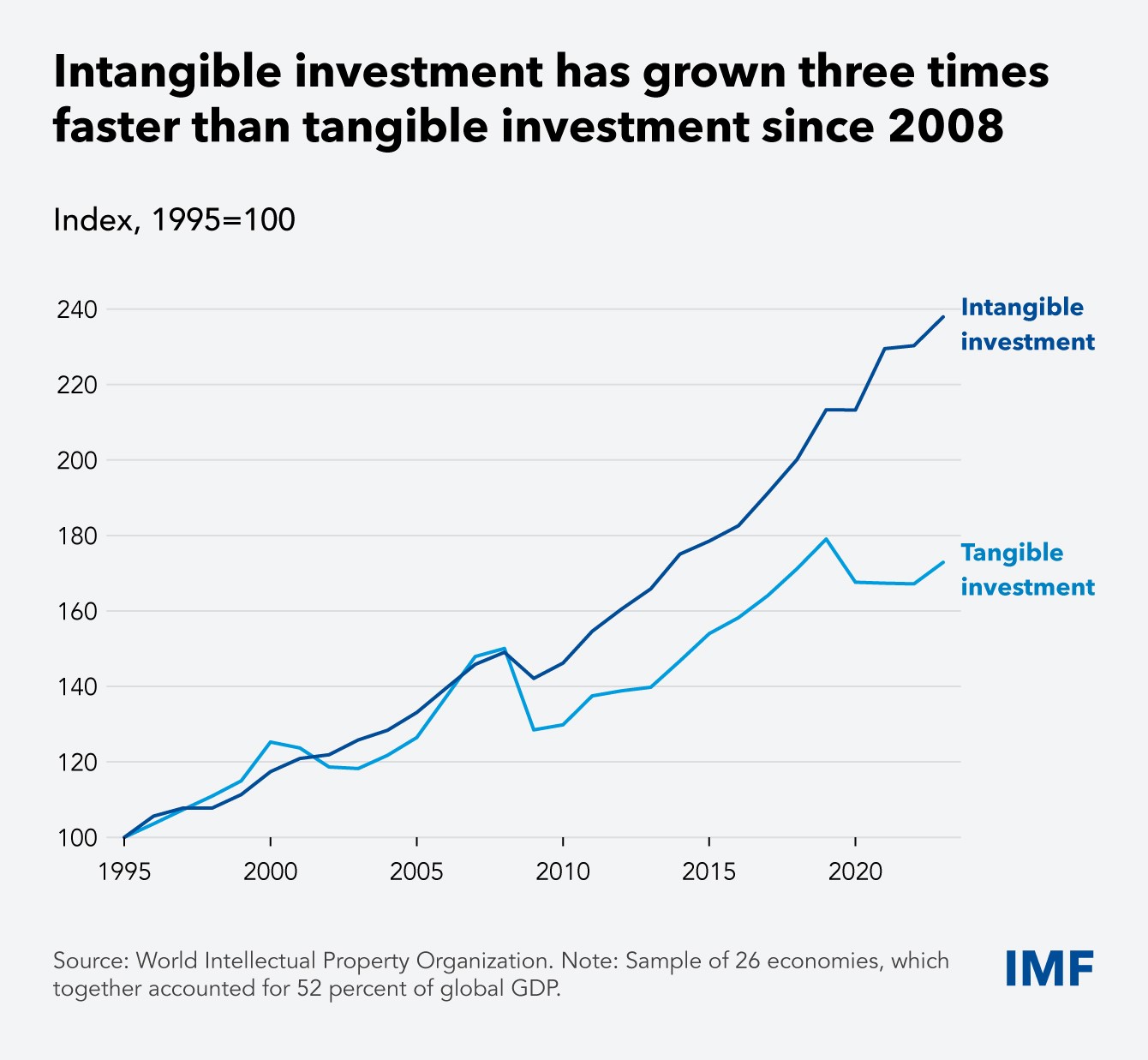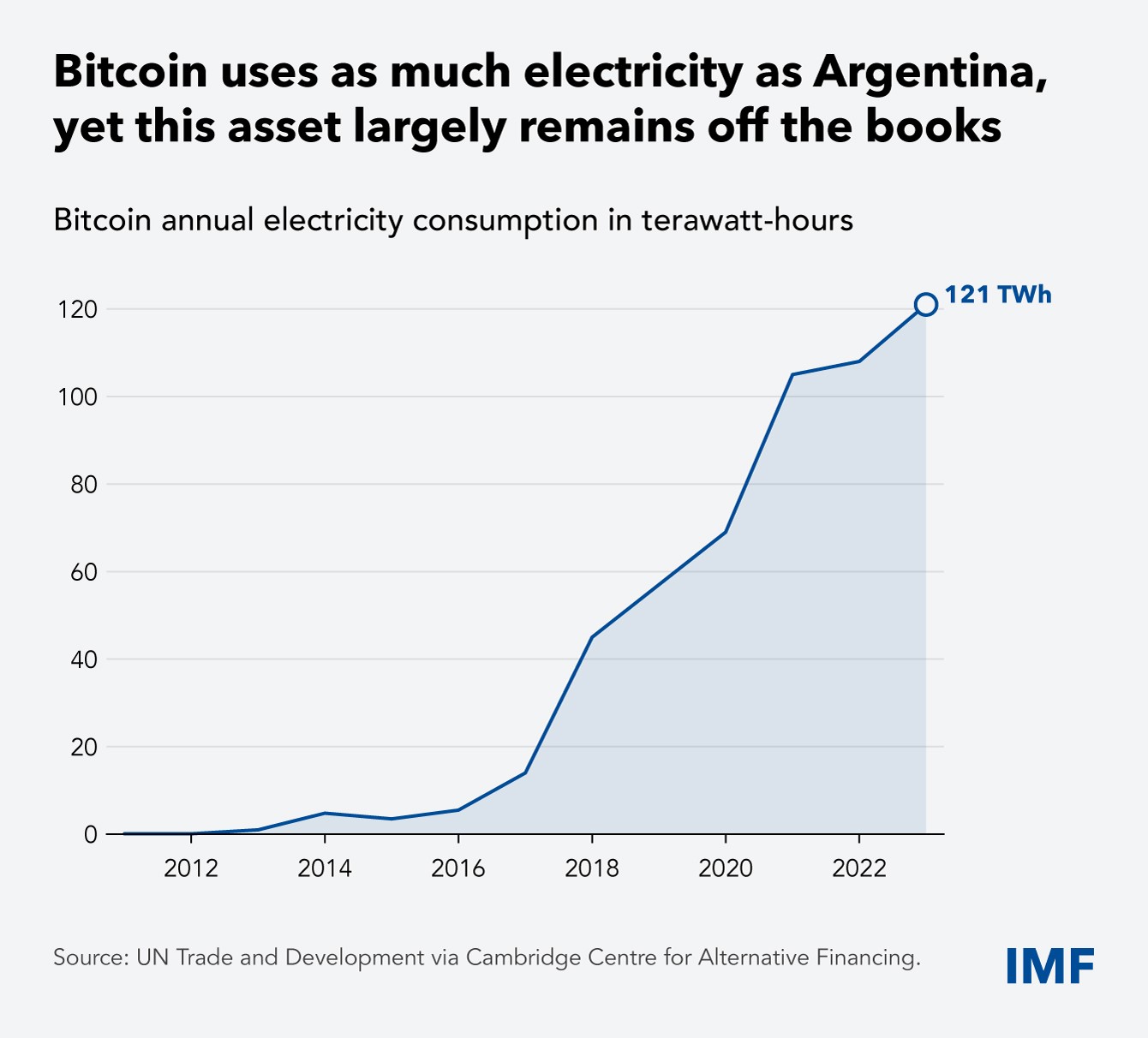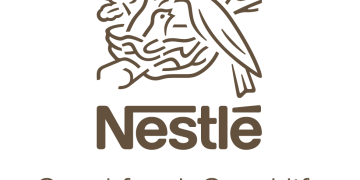- New Standards for Economic Data Aim to Sharpen View of Global Economy
The cornerstones of our digital world—from smartphone apps to new digital assets and artificial intelligence tools—didn’t exist back in 2008, the last time the world’s statistical community overhauled its approach to standardising how countries measure the economy.
Now, an updated System of National Accounts, the global standard for producing measures of economic activity, more fully incorporates emerging technologies, digital services, and intangible assets.
Remarkably, despite increasing geoeconomic fragmentation, the United Nations Statistical Commission in March unanimously approved the wide-ranging and comprehensive update. It’s the sixth iteration in the almost nine-decade history of the SNA, a global standard for national metrics including production, income, consumption, capital investment, and financial activities, as well as national wealth. Updating the SNA is a global effort coordinated by the International Monetary Fund, United Nations, World Bank, European Commission, and Organisation for Economic Co-operation and Development.
The IMF contributed significantly to the SNA update in areas such as digitalisation, trade, government finances, and financial innovation. These contributions help ensure that governments have the tools to make more informed decisions about how to grow their economies, create jobs, and respond to shocks. Accurate economic statistics are vital for effective policymaking. And measurement across the $114 trillion global economy must keep up even as the pace of change accelerates. If it doesn’t keep pace, central banks and finance ministries will end up setting monetary or fiscal policy based on incomplete, outdated, or inaccurate information.
This is why the revised SNA focuses on digitalization. For example, despite rapid advances in digital technologies, reported productivity growth in many advanced economies has remained sluggish. That has led some researchers to suggest that this could partly reflect gaps in how digital activity was measured.
Another important driver of the SNA update is the growing importance of crypto assets, which was among the most challenging to address. Bitcoin, for example, has a tangible economic impact, including because it consumes large amounts of energy to produce. Yet because it doesn’t involve the creation of goods or services in the traditional sense, it isn’t counted in gross domestic product.
Measuring crypto is crucial from a public policy perspective because, while it may account for a relatively small share of global assets, it could have significant implications for future financial stability, tax policy, and regulatory oversight. Now, statisticians have found a way to classify certain crypto assets as “non-produced nonfinancial assets,” which are reflected in national wealth. Ensuring that the new SNA can guide countries on how to report crypto is one way to future-proof standards.
Crypto, of course, is only one consideration among many for digital transformations across a range of industries and products. To better reflect the digital economy, the SNA recommends that countries develop a suite of indicators covering areas such as AI, cloud computing, digital intermediation platforms, and e-commerce. It also provides a definition of AI to use in national accounts and make it clearly visible.
Beyond digitalisation, the updated SNA also responds to lessons from the global financial crisis by recommending ways to better capture financial risks and vulnerabilities. As financial innovation accelerates and non-bank financial institutions play a larger role, these risks can become more complex. To address this, the updated SNA calls for more detailed breakdowns of financial assets and liabilities, by both instrument type and institutional subsector.
Another important improvement is that the updated SNA offers a deeper understanding of how large corporations with international operations produce goods and services and distribute profits. By doing so, national accounts can better capture production and income generated by multinational enterprises that outsource manufacturing to other countries but retain control over design, branding, and intellectual property. These changes are closely aligned with revisions to the Balance of Payments Manual, or BPM, to ensure consistency in how cross-border transactions and global value chains are recorded.
This important harmonization makes economic data more accessible and practical, enabling governments, businesses, and researchers to navigate global financial complexities with a more consistent set of statistics.
The updated framework also gives greater visibility to net domestic product, or NDP, as a complement to GDP to better reflect sustainability. NDP subtracts not only the depreciation of fixed capital but also the depletion of natural resources, which are not captured in traditional GDP figures. NDP is typically 10 percent to 25 percent lower than GDP, according to IMF estimates. Subtracting the depletion of nonrenewable natural resources will have a relatively small impact on NDP in most countries, but a substantial one in those in which mining and other extractive industries play a big role.
We recognize that these changes are ambitious, complex, and demanding for statistical agencies in terms of time and resources, especially under tighter budgets. Yet they are critical to ensure that economic data remains reliable in a rapidly changing world. As countries work to better capture economic activity through data, it’s important for policymakers to provide national statistical offices with the resources needed to implement the new standards and, more broadly, to produce quality statistics to guide the best policies.
The IMF will provide guidance, technical assistance, and training to support the transition toward implementing the updated SNA and BPM standards by 2029-30.










